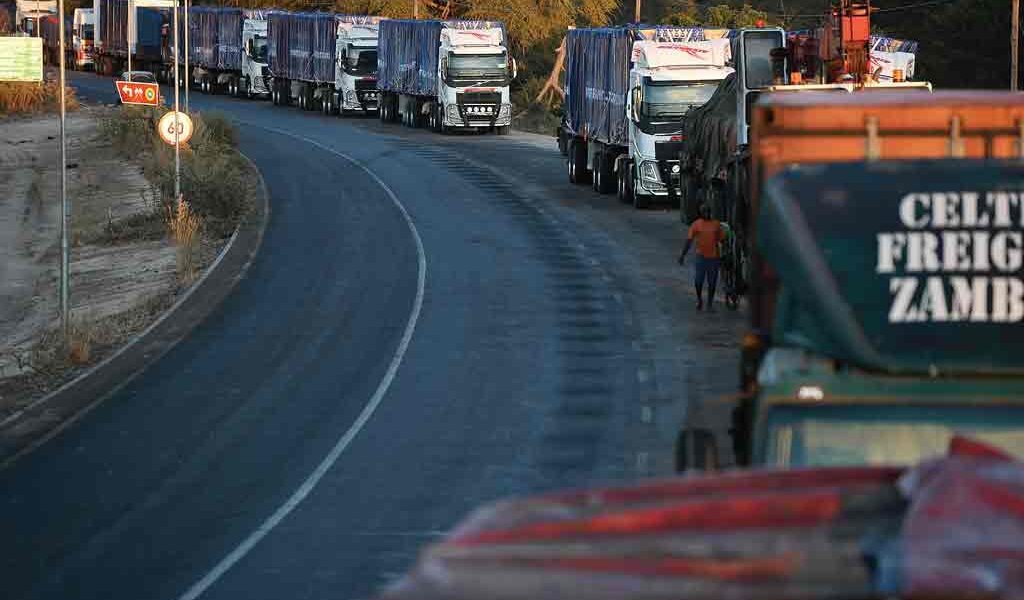TSHIAMO TABANE
The 2017 Global Financial Integrity (GFI) research shows that Botswana continues to feature among countries that seriously promote illegal financial flows in international trade.
The report officially released this week by the Washington DC-based research and advisory organization fingers Botswana amongst Sub Saharan Africa “tax havens” that recorded the highest financial outflows in illicit financial flows between 2005 and 2014.
GFI says estimates compiled using data from International Monetary Fund show that between 2005 and 2014 Botswana lost over US$13.5 million (about P130.5 million) as a result of capital outflows and its neighbors South Africa, Namibia, Zimbabwe and Zambia lost around US$153,8 million, US$11.8 million, US$3.6 million and US$8.7 million respectively. During the same period Botswana’s financial losses as a result of trade mis-invoicing was over US10.1 million (about P100.1 million) while South Africa, Namibia, Zimbabwe and Zambia lost around US$136.7 million, US$9.7 million, US$2.4 million and US$7.4 million.
Because of her high secrecy, Botswana recorded significant financial losses due to balance of payments leaks. In 2014 alone the country lost US$1.6 million (about P10.6 million) while South Africa lost nil but recorded illicit financial inflows amounting to over US$4 million. Other neighboring countries Namibia, Zimbabwe and Zambia financial losses due to balance of payment leaks amount to around US$282 000, US$76 000 while Zambia recorded nil. Between 2005 and 2014 Botswana lost around US$3.4 million (about P30.4 million) due to balance of payments leaks. South Africa, Namibia and Zimbabwe lost around US$17 million, US$2 million and US$1.2 million respectively while Zambia recorded nil. GFI President Raymond Baker indicates that from 2005 to 2014, which is the most recent ten years for which data is available, it has become increasingly evident that both types of illicit flows represent a challenge to economic and social progress in the developing world.
He stated that illicit financial flows frequently occur when imports are under-invoiced for the purpose of evading customs duties and VAT taxes and the magnitude of estimated illicit inflows in the latest year (2014) ranges from $1.4 to $2.5 trillion. “Consistent with its reports, GFI finds that illicit financial flows remain persistently high. The study finds that over the period between 2005 and 2014, illicit financial flows likely accounted for between about 14.1 percent and 24.0 percent of total developing country trade, on average, with outflows estimated at 4.6 percent to 7.2 percent of total trade and inflows between 9.5 percent to 16.8 percent. Such significant and persistent propensities for illegal financial flows in trade are a development challenge that merits serious attention and action from domestic and international policymakers alike,” said GIFthe president.
The GFI 2017 report shows that developing countries in Eastern Europe, Sub-Saharan Africa, and Latin America consistently show high propensities for illegal financial flows over the ten-year period, with Sub-Saharan Africa leading all other regions for illicit outflows (estimated at between 7.5 percent and 11.6 percent of total trade, on average over the period) and developing Europe lead other regions for illicit inflows (estimated at between 12.4 percent and 21.0 percent of the region’s total trade). The report added that the estimated dollar levels of illicit inflows were largest in Asia (where inflows are estimated to have grown at an average annual rate of 10.7 percent to 12.8 percent a year over the decade, reaching between $686 billion and over $1.2 trillion in 2014) and lowest in Sub-Saharan Africa (where inflows grew between 4.5 percent and 7.3 percent a year over the decade, reaching a level between $44 and $81 billion in 2014).
The research institution explained that mis-invoicing of trade, which is the most common, is accomplished by misstating the value or volume of an export or import on a customs invoice and is a form of trade-based money laundering made possible by the fact that trading partners write their own trade documents or arrange to have the documents prepared in a tax havens such as Botswana: “Fraudulent manipulation of the price, quantity or quality of a good or service on an invoice allows criminals, corrupt government officials and commercial tax evaders to shift vast amounts of money across international borders quickly, easily, and nearly always undetected.”
GFI has indicated that additionally, there are many forms of illicit flows that cannot be picked up using available economic data and methods in tax havens.

